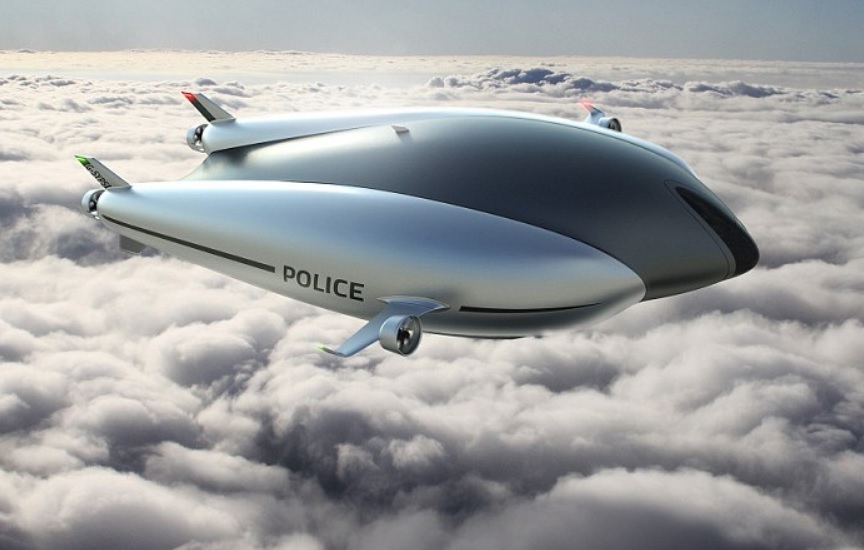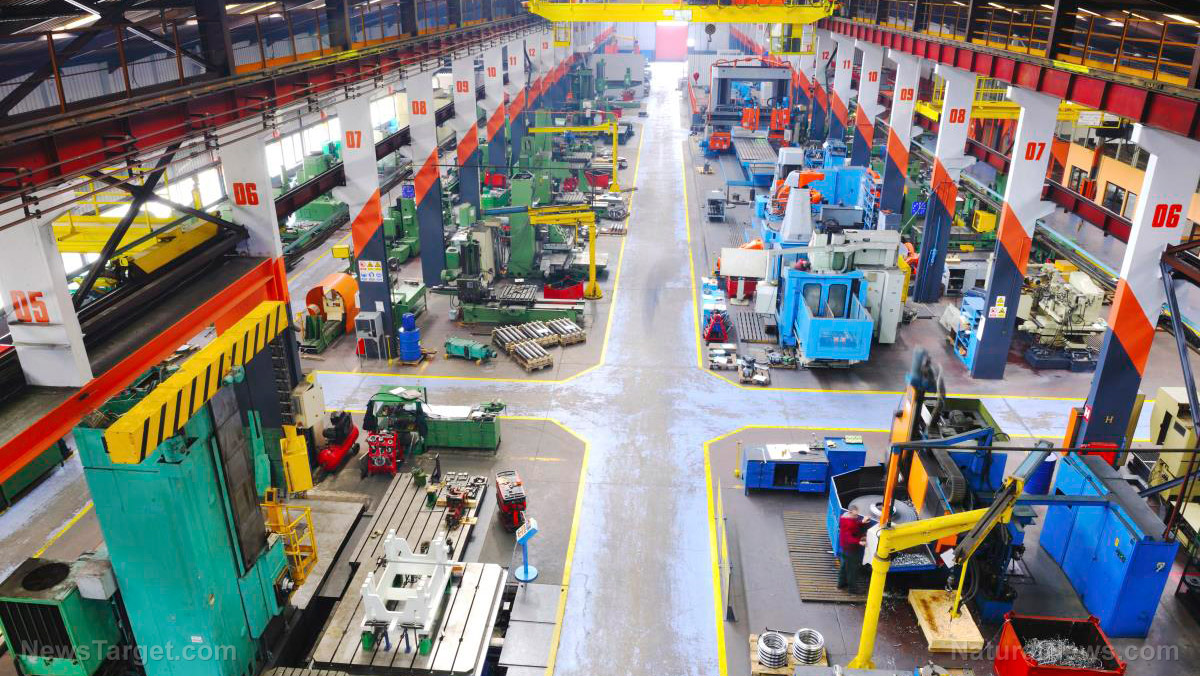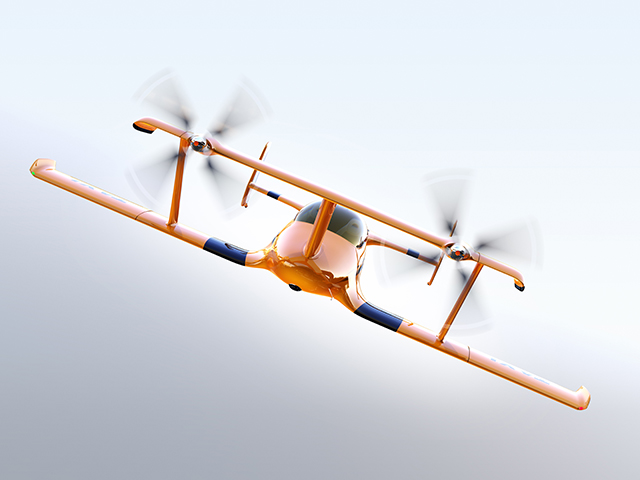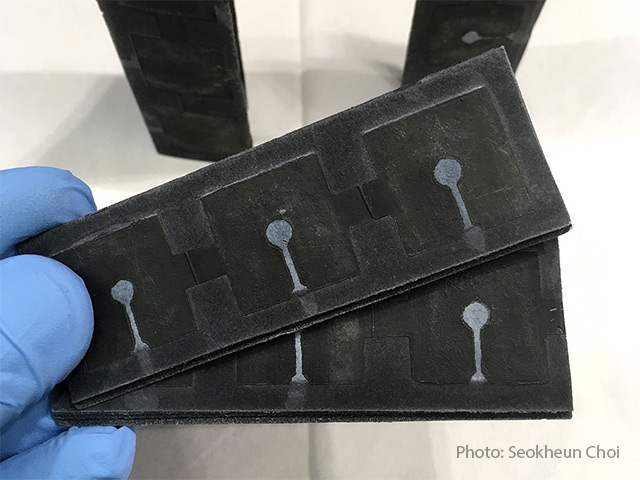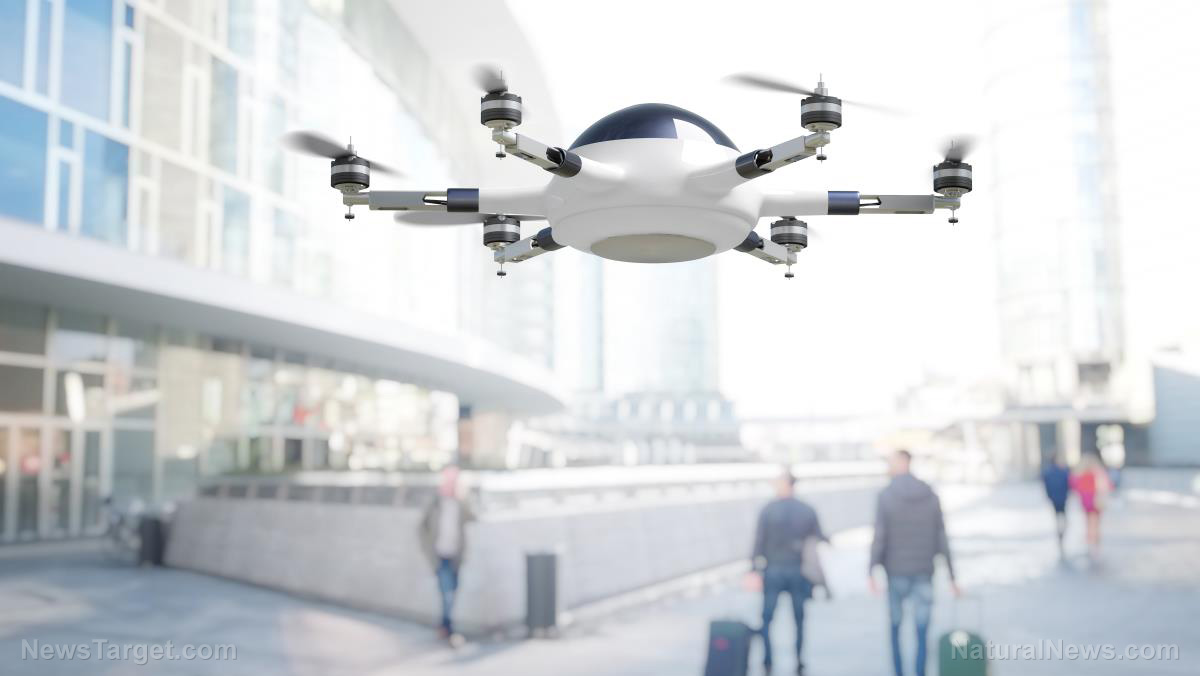Defense robotics company introduces multi-role battlefield robot that can drag wounded soldiers off the field
11/18/2018 / By Robert Jonathan
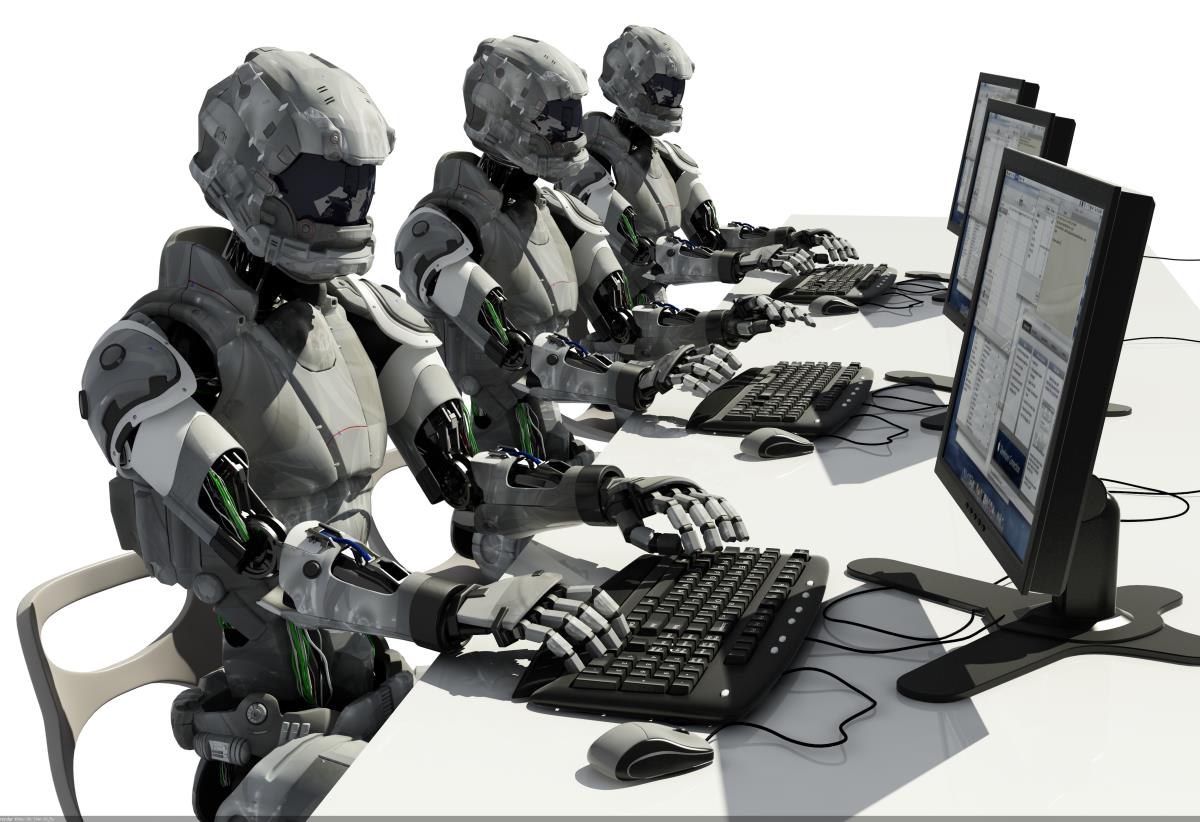
An international defense contractor has announced a new, multifunction unmanned ground vehicle that eventually can operate with artificial intelligence.
Called Ironclad, the UGV can carry out missions such as camera-equipped reconnaissance, casualty evacuation, “area denial” (i.e., a remote weapon station), and bomb disposal, all of which are dangerous functions normally handled by human infantry soldiers. BAE Systems, Ironclad’s manufacturer, says that the UGV can run for 30 miles on a single battery charge, and can navigate in both urban and non-urban environments.
Operated by wireless remote control, the AI hardware apparently can be added at a future date when the technology emerges.
Ironclad comes in two versions “and is projected to have at least four modular equipment packages, including a machine gun installation, advanced sensor modules, robotic arm, and stretcher mounts,” the Firearm Blog noted.
A BAE executive highlighted the advantages of Ironclad.
Ironclad…is also a step towards the battlefield of the future where we expect fleets of unmanned air and ground vehicles to work together, sharing situational awareness and pursuing combat objectives. There will always be a human in the loop, but increasing use of autonomy and unmanned vehicles means they can focus on key decisions and have more options to avoid putting people in dangerous situations.
We're displaying a model of our autonomous ground vehicle concept, Ironclad, at @newscilive, don't miss it! https://t.co/AJxnuFgfRw pic.twitter.com/IiOMpN77o8
— BAE Systems (@BAESystemsplc) September 28, 2017
This versatile robotic vehicle appears to have many life-saving military applications, from transporting wounded soldiers from the battle zone to protecting troops in the field from harm.
Earlier this month, Natural News reported that the Pentagon has signed an $11 million deal with a defense contractor that will develop over the next decade various forms of robot technology prototypes. Ultimately, future warfare may perhaps involve the deployment of robot soldiers, unmanned aerial assault techniques, underwater drones, and self-driving, weaponized vehicles.
Separately, however, autonomous military weaponry, i.e., operating independent of human oversight, in general, may be too close for comfort for some scientists. There is some concern that it could turn into scenarios played out in SciFi movies such as the Terminator franchise. According to the London Telegraph, about 100 AI and robotics experts have petitioned the United Nations (for what that’s worth) “to ban the development of so-called ‘killer robots’ that could open fire without human control.”
Tesla and SpaceX CEO Elon Musk has repeatedly warned that rapidly advancing artificial intelligence could give rise to self-replicating machines that might threaten humanity.
Back in 2015, Health Ranger Mike Adams, the founder of Natural News, similarly cautioned that once AI technology develops into highly evolved, self-aware, systems, the human race has a big Terminator problem on its hands.
Once AI criticality is achieved, it won’t take long for a highly intelligent machine to design another machine that’s an order of magnitude more intelligent than itself. Follow this along for just 4-5 generations and you get machines with demigod-level cognitive capabilities, and it won’t take but a microsecond for such a machine to conclude that humans are a threat to its own existence.
Do you think that battlefield robotics will prove to be a benefit or a detriment to the military, and by extension civilization itself?
Sources include:
Tagged Under: AI, artificial intelligence, autonomous weapons, battlefield, future tech, military technology, robotics, robots, weird science





